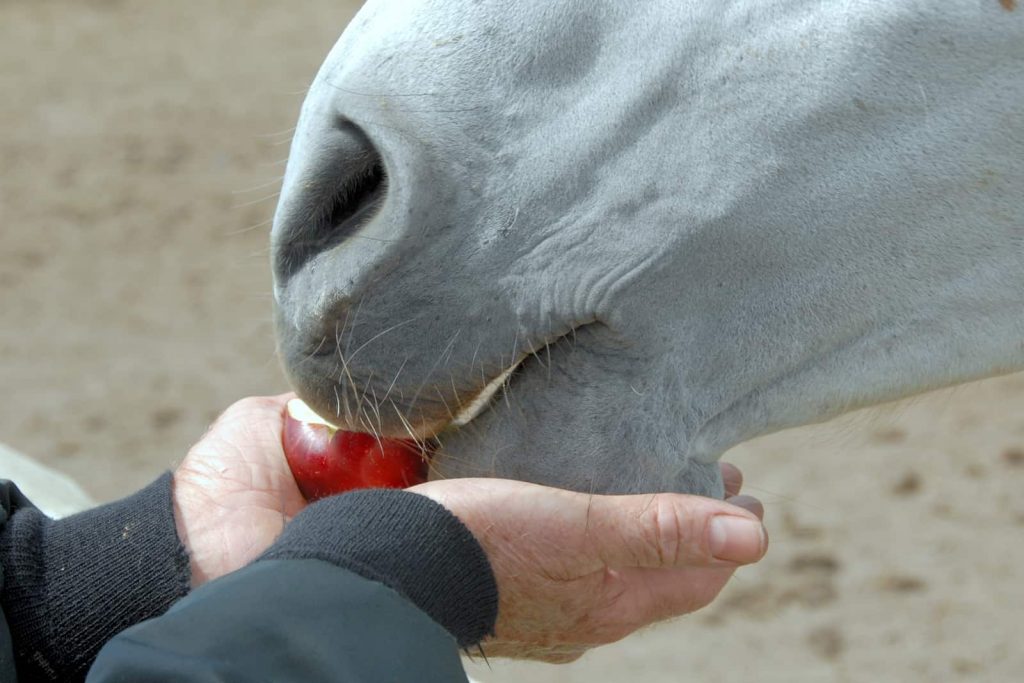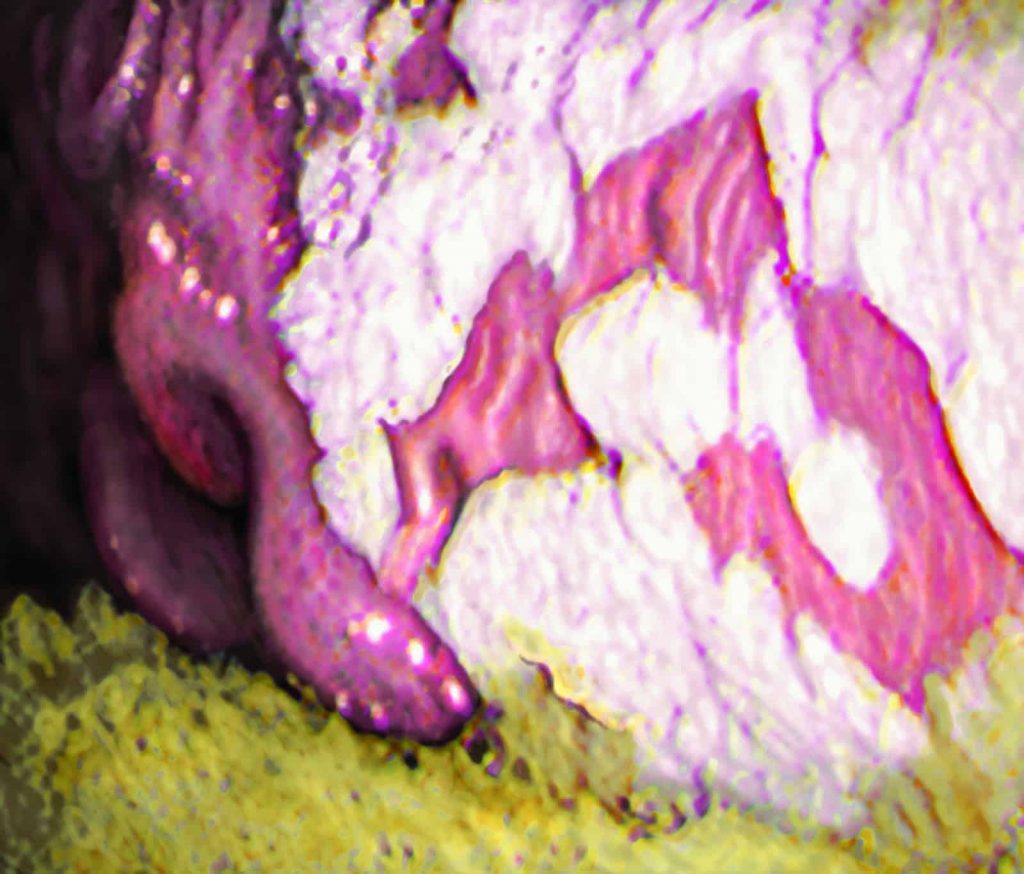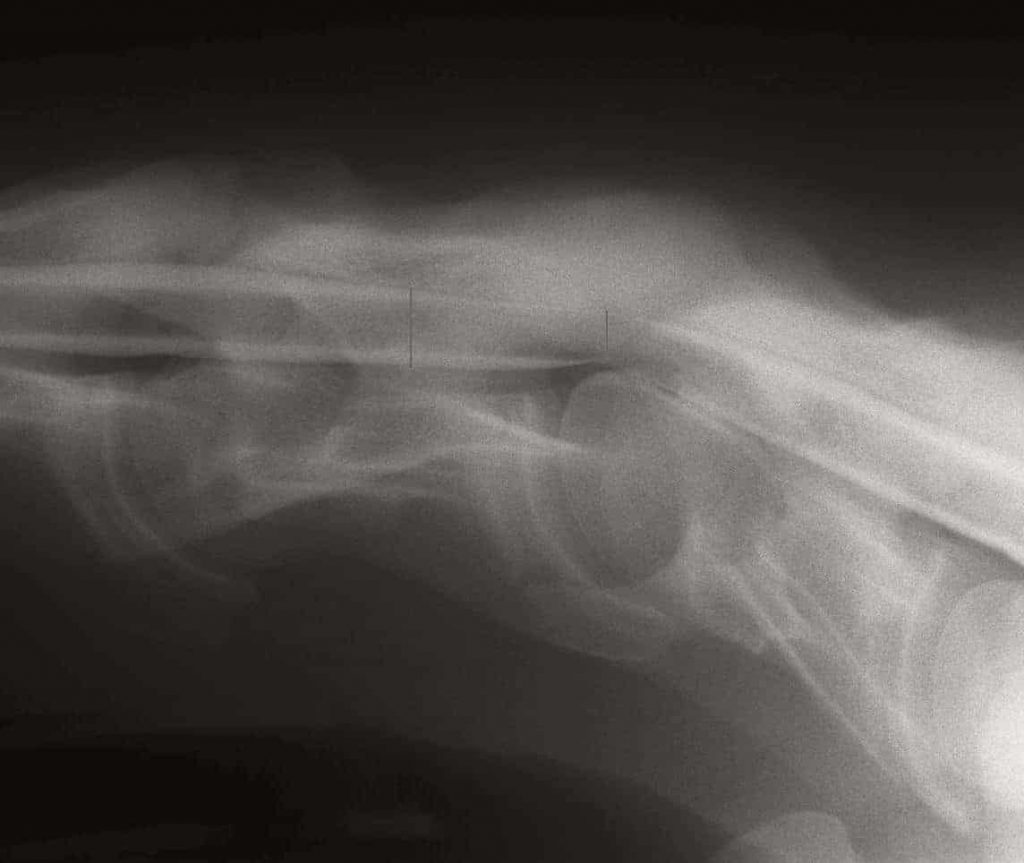
Special Report: Supporting Show Horse Health
How can you best support your competitive show horse? Start with what fuels the fire. Sponsored by Vitalize.
Horse-health-problem risk factors, prevention, diagnosis, and treatment

How can you best support your competitive show horse? Start with what fuels the fire. Sponsored by Vitalize.

Horses with insulin dysregulation can experience increased sugar absorption in the intestines, which could cause changes in blood glucose levels.

Veterinary intervention can make itchy horses more comfortable and keep allergies under control. Sponsored by Kinetic Vet.

Learn how horses go from metabolic to laminitic and ways to manage them.

Smoky air makes breathing difficult and can exacerbate equine asthma. Learn how to support your horse’s respiratory health via nutrition and reduce airway irritants during fire season.

Since 2008 the University of California, Davis, School of Veterinary Medicine and Merck Animal Health have worked to cultivate a strong biosurveillance program.

Certain groups of U.S. horses are at risk of acquiring this blood- and tick-borne foreign animal disease.

Gastric ulcers in horses can be challenging to identify and, in many cases, treat, but proper management practices can help reduce their occurrence.

In this episode learn about treating sweet itch, dealing with hair loss in itchy horses, and managing EMS and allergies, among other topics. Sponsored by KineticVet.

Researchers have found that these full-leg garments significantly increase lymphatic flow, which could be useful for recovery in horses.

Scratches, also known as pastern dermatitis, is a multifactorial infection commonly seen on a horse’s lower legs. Get tips for recognizing and managing this condition in our visual guide.

With proper treatment and rehabilitation, horses with neurologic conditions such as EPM and EHM can recover and live happy and healthy lives.

Feeding hay before loading your horse on the trailer can help prevent gastric ulcers from developing during long-haul travel.

Cervical vertebral malformation and EPM can cause neurologic disease in horses at the same time.

This omega fatty acid supplement helped two horses with different pain points maintain healthy skin and hair coats.

Pathologists detected S. neurona DNA in preserved tissue from horses with acute and chronic neurologic disease, with and without EPM treatment history.
Stay on top of the most recent Horse Health news with
Notifications